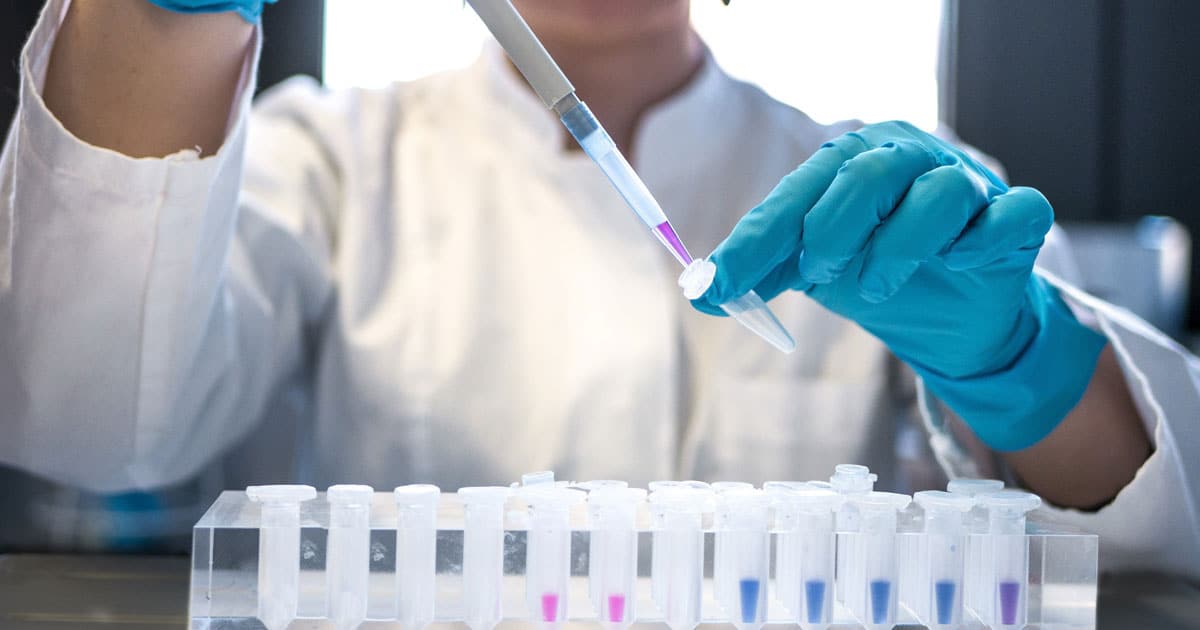Major advancements in the field of biotechnology have occurred within the past few years. CRISPR, gene therapy, and DNA sequencing are examples of contemporary approaches that we might use to cure many illnesses.
Despite these medical advancements, orphan and ultra-orphan conditions are often ignored. Due to their rarity and low population harm, these illnesses are not profitable for businesses.
However, there are few pharmaceutical companies that help with commercializing rare disease products. BioMedica is one such company.
In this article, we are going to discuss how Biomedica is bridging the gap for biotech companies in orphan and ultra-orphan diseases.

What are Orphan and Ultra-Orphan Diseases?
Orphan and ultra-orphan diseases are a small group of very uncommon and often ignored illnesses that affect a few people. Orphan illnesses are rare because they only affect a small group of people. Ultra-orphan illnesses, on the other hand, are even less common because they only affect a few people.
These conditions can be genetic or acquired and are usually severe, chronic, and sometimes life-threatening. Since these diseases aren’t common, there isn’t a lot of study and development going into them. Patients have a hard time getting the help they need because of this.
Challenges of Developing Rare Disease Treatments
People with these conditions often have trouble getting effective treatments because there aren’t enough medicines and healthcare resources available. Here are some problems that often come up when trying to find solutions for rare diseases:
1. Not enough knowledge
Rare diseases are not well known because they don’t happen very often. It is hard to make people, healthcare workers, and researchers more aware of this problem because of this.
2. Small group of patients
A small group of people have the disease, which makes it hard to do clinical trials and collect data for study.
3. High cost of research
It can be expensive to make medicines for rare illnesses. The small market size for these specialized drugs may not be enough to cover the costs.
4. Strict regulations
It’s hard for researchers and drug makers to understand and follow the rules for approval. It’s also hard to get money to study these situations.
5. Limited investment
Investors aren’t really interested in giving money to research and development for rare diseases because they can’t make much money from it.
The Role of Biomedica in Development of Rare Disease Treatments
Biomedica is a pharmaceutical company that helps biotech companies develop and provide rare disease products to underserved emerging markets.
The company specializes in commercializing products for the treatment of orphan and ultra-orphan diseases. While they don’t directly develop treatments, they help biotech companies to make their products accessible to people in emerging markets.
Here’s how Biomedica is pushing the boundaries to provide advanced biotech solutions for the diseases:
1. Expert Collaboration
Biomedica team has a team of professionals with 20+ years in healthcare. They team up with global pharma and biotech companies to develop treatments for rare diseases.
Biomedica also engages with key stakeholders, including Key Opinion Leaders (KOLs), Patient Advocacy Groups (PAGs), and regulators. They are supported by a global supply chain and specialized medical experts in Quality Assurance and Pharmacovigilance.
2. Navigating Compliance and Innovation
The pharmaceutical company navigates intricate local laws and regulations to introduce innovative treatments, prioritizing those with high unmet medical needs. This proactive approach ensures compliance while bringing essential treatments to the forefront for those who require them.
3. Access to Global Market
The EU-based company operates within over 25 emerging market countries. These regions include Eastern Europe, CIS, MENA, South Africa, and LATAM. Their network reaches a total of 730 million people.
This expansive reach is significant as these areas constitute a $100 billion market for rare diseases. These conditions are frequently overlooked by traditional pharmaceutical companies.
4. Tailored Support Services
Biomedica offers market-specific guidance on market access, compliance, engagement, and distribution, ensuring treatments get to healthcare providers and their patients. They’re well-versed in approvals from regulatory bodies like the FDA, EMA, and local organizations, maximizing opportunities through early access programs.
5. Educating Key Opinion Leaders
Biomedica offers customized education for both licensed and unlicensed products to Key Opinion Leaders. This ensures that these experts have a good understanding of the treatments they recommend.
6. Comprehensive Sales and Marketing Support
They offer full sales and marketing services for licensed products. It is a cost-saving alternative to expensive licensing or managing multiple distributors across various countries.
7. Enhanced Profitability Strategies
Biomedica improves profitability by employing efficient operations, personalized approaches, and competitive margins. By making it profitable, they encourage more and more companies to come forward and develop treatments for rare diseases.
8. Strategic Market Assessment
Before formal agreements, they conduct a global assessment to understand market demand and estimate the product launch timeline for each country. This strategic approach helps in the effective introduction of treatments for orphan and ultra-orphan diseases.
This is how Biomedica is partnering up with biotech companies to research, develop, and successfully launch treatment options for orphan and ultra-orphan diseases in underserved markets.
